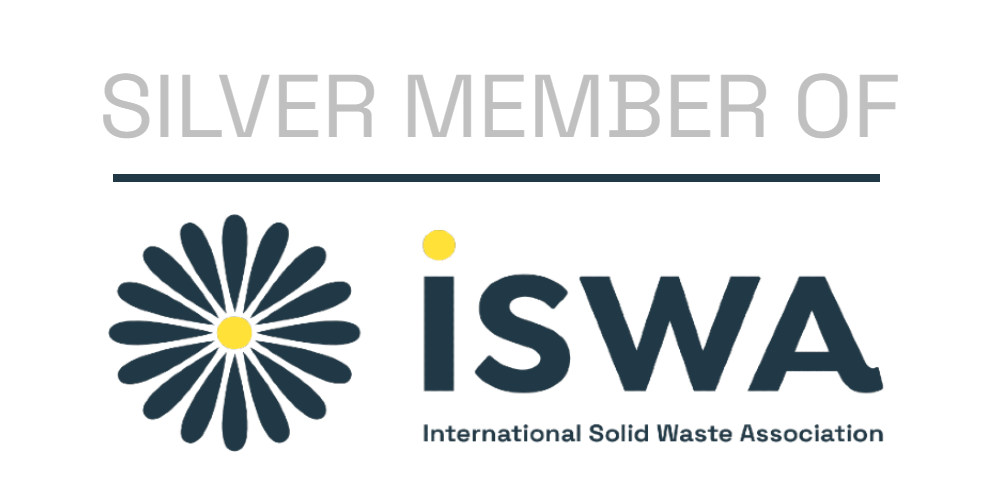The COVID-19 pandemic has left more than just a public health crisis. It has also generated an unprecedented volume of biohazardous waste. Single-use masks, gloves, gowns, and testing kits have overwhelmed waste treatment systems worldwide, exposing a critical weakness in healthcare infrastructure and raising significant environmental concerns, especially around sustainable infectious waste management.
Medical waste, particularly infectious waste, has become a global issue- one that can no longer be addressed with outdated and unsustainable methods
A System Under Pressure: The Challenge of Infectious Waste
According to the World Health Organization (WHO, 2023), only 25% of healthcare facilities in fragile settings have basic waste management systems in place. In many regions, incineration remains the dominant method of dealing with medical waste. While widely used, this method is costly, polluting, and increasingly incompatible with global climate goals. At the same time, valuable materials like medical plastics and personal protective equipment (PPE) are discarded rather than recycled or repurposed, exacerbating environmental impacts.
These systemic inefficiencies contribute to growing environmental risks and operational costs, making sustainable infectious waste management an urgent priority.
The Rise of Sustainable Alternatives in Infectious Waste Treatment
In response to these challenges, a wave of innovation is transforming how we manage infectious waste. New technologies now allow for safe, efficient, and sustainable treatment methods that align with modern healthcare and environmental standards.
On-site waste treatment systems significantly reduce the need for transportation, lowering both emissions and contamination risks. Microwave sterilization, in particular, offers a zero-incineration solution that neutralizes infectious waste without releasing toxic emissions. Additionally, initiatives in recycling and reprocessing are enabling the recovery and reuse of certain types of medical materials, moving healthcare towards more circular models.
Sterilwave: A Proven, Scalable, and Sustainable Solution
At Bertin Medical Waste, we contribute to this transformation with Sterilwave, our on-site waste treatment system designed specifically to handle sustainable infectious waste management. Operable directly at the point of care, Sterilwave combines safety, sustainability, and simplicity of operation.
The system inactivates infectious agents in under 30 minutes, without the need for incineration, and reduces waste volume by up to 85%. Compact and easy to deploy, Sterilwave has already been implemented in hospitals, laboratories, and mobile units in multiple countries. Its performance and environmental benefits have been recognized by the United Nations and the United Nations Industrial Development Organization (UNIDO), where it has received multiple awards for innovation and impact.
A Call to Action for Sustainable Infectious Waste Management
The WHO and the UN have made it clear that the current model of medical waste management must undergo reform. The technologies to enable this shift are available, and what is needed now is the collective will to implement them on a global scale.
At Bertin Medical Waste, we believe that protecting human health is inseparable from protecting the environment. By embracing innovative and sustainable solutions for infectious waste management, we can help build more resilient and responsible healthcare systems worldwide.


